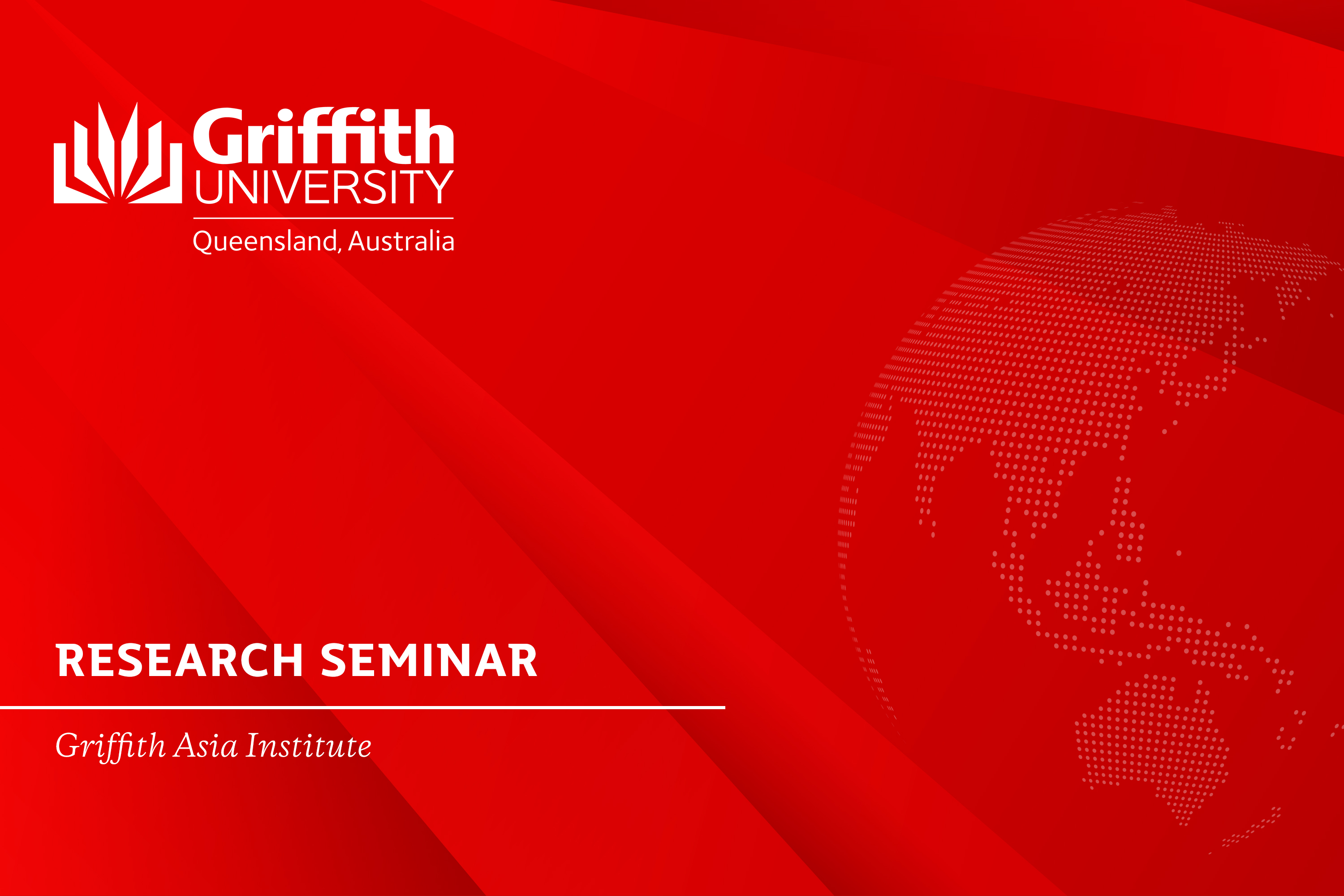
Principal speaker
Ms Khin Khin Mra, Gender and Social Inclusion Advisor, Centre for Good Governance, Myanmar
In 2016, implementation of the Myanmar National Strategic Plan for the Advancement of Women (2013-2022) was widely perceived as having stalled; there was still no operational plan, monitoring and evaluation framework or resourcing plan and it was generally seen as a paper exercise languishing on the shelf. In 2016, however, a rapid analysis of existing mapping exercises revealed that many activities were being undertaken by government, civil society organisations, donors and the private sector. The dominant narrative of failure, the human resource capacity of the Women's Development Division, and a lack of coordination with, and between, development partners and other government departments meant that important steps were not recognised as having taken place. Since then, with national and international technical support, the Government of Myanmar's Women's Development Division has attempted to accelerate implementation by taking a more strategic technical and high-level policy approach, leveraging results and accountability across government, and improving coordination and communication in government and with development partners. Progress has been slow, however, and results for women remain hard to see. This paper uses a feminist institutionalist approach to explore how institutions, interests and ideas in have supported or hindered the path towards gender equality in Myanmar. Specifically, the paper will explore the legacy of military rule and the current political settlement, and how this interacts with religion, ethnicity, Myanmar social norms, geography and international gender norms and standards. Myanmar is at a critical juncture where there are both threats and opportunities to enhancing gender equality: Myanmar's democratisation could reinforce male-dominated politics and institutions or provide an opportunity to create new political institutions and cultures that include and benefit women. The paper seeks to understand what progress has been made in this complex context, and what might support future progress towards gender equality in Myanmar.
Khin Khin Mra has experience both at the national and community levels. Khin Khin is now working as Gender and Social Inclusion advisor at Centre for Good Governance looking on local governance programme promoting civic engagement and supporting TA (Technical Assistance) to Civil Society Organisations (CSOs) and government in conflict affected State and Region (Bago and Kayah) in Myanmar. She worked as a National Consultant to the Department of Social Welfare, at the Ministry of Social Welfare Relief and Resettlement in Myanmar for over a year, influencing policy implementation and acting as a critical bridge between government, donors and civil society. She worked with ActionAid for seven years in different capacities, especially in the area of women's rights and local governance. As a consultant she has experience working with United Nations agencies, and NGOs, in the areas of program development, policy analysis, research and evaluation. Years of experience with different agencies has enabled Khin Khin to leverage the important interplay between international and national commitments, and research and practice as it relates to women's rights, gender equality, and governance issues. This provides her with an excellent background to understand the links between the needs of communities and the legislative and policy frameworks. As an example, she contributed to development and implementation of the government's "National Strategic Plan on the Advancement of Women (NSPAW 2013-2022)", as well as Protection and Prevention of Violence Against Women (PoVAW) Law in Myanmar. Khin Khin has a Masters in Public Policy and a Graduate Diploma in Public Administration from the Australian National University. She was awarded the Chevening Fellowship for studies in "Government Relations with NGOs and Civil Society' at the University of Wolverhampton in the UK.
Event categories
RSVP
RSVP on or before Monday 18 March 2019 , by email events-gai@griffith.edu.au , or by phone 07 3735 4705
Event contact details
- Kahlia Bartley
- events-gai@griffith.edu.au
- 07 3735 4705